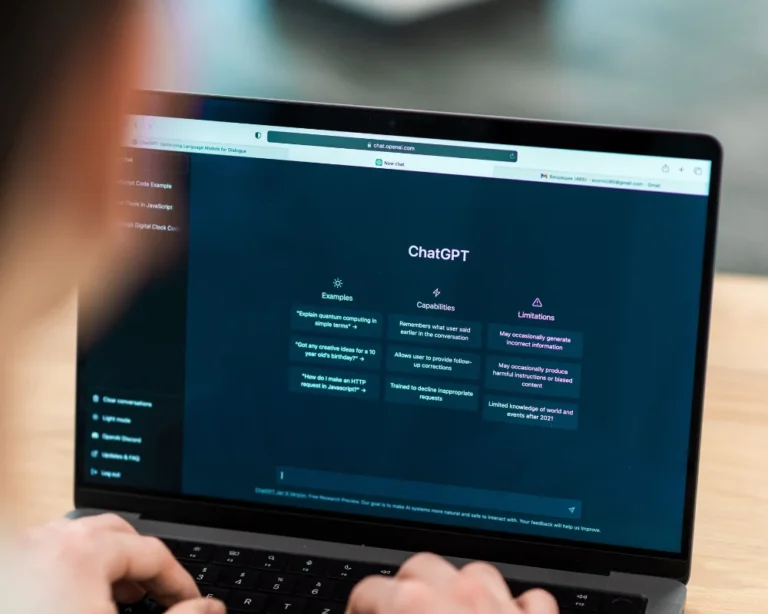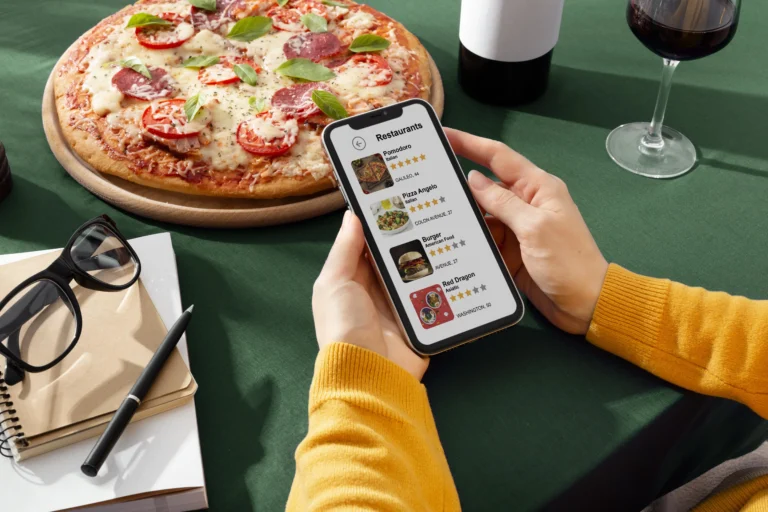
Have you ever seen something labeled BBCW merchant on your credit card statement? At first, spotting such an entry may be a little surprising. This is especially true if you do not have an idea about what exactly this is. Many find themselves puzzled by these unknown terms on their credit card statements.
Also Read: Can I Get a Loan for a Rebuilt Title Car
To avoid frustration and confusion regarding this issue, we have prepared a simple guide for you to explain the entire concept. Read on to learn all about BBCW merchants, what they represent, and what they mean if they appear on your credit card statement.
Understanding credit card statements
Ever seen a credit card statement and felt totally puzzled? You may have had no idea about its contents. This is a very common concern. Credit card statements follow a standard pattern although they may be a little complicated to understand at first. So what are the key parts of a credit card statement?
- Account summary – This is the big picture view of your account. It shows your balance, due date for payment, credit limit and available credit. It gives you a quick glance over your spending and available credit.
- Transaction details – This part will list each individual charge made during your billing cycle. This is the place where you may spot some unfamiliar charges. Here you may find the exact thing we are discussing – the BBCW merchant. Each transaction will show the merchant name, the date of the transaction, and the amount you have spent.
- Payment information – Here you will find the minimum payment due. This section will also have your last payment and any applicable fees. It is important to check this section regularly. You should check it especially if you are working to bring down debt or avoid late fees.
- Rewards summary – Many credit cards may offer rewards for your spending. Cashback, travel points, or other kinds of rewards may be mentioned in this section. It will have an overview of the rewards you have earned and redeemed in the last cycle. Keeping track of this can help you to make the best of your credit card benefits.
Common codes and terms in credit card statement
Your credit card statement may also have some particular terms and codes. These will summarize your activity with the credit card. Here are a few codes and terms explained –
- Merchant codes – Merchants can be often identified by a short code. For example. BBCW merchant is a name that may be related to a particular category of transactions. If you understand these codes clearly, you can easily know what type of purchase you made and where.
- Transaction dates vs. Posting dates – The transaction date is the day when you made the purchase. On the other hand, the posting date is when the charge officially shows up on your account. This can help to explain any timing gaps that you see.
- Authorization holds – Sometimes, a temporary hold can be put on your account before the payment gets finalized. If you see an unfamiliar name like BBCW merchant as a hold, it can be related to a pending charge. This could be adjusted once the merchant has passed the transaction.
The basics of BBCW merchant
In many cases. BBCW merchant is related to the payments you have made through different vendors or online shops. Often, these charges are about purchases of particular categories. These may be technology products, online services, or even retail items. Let us help you break down the concept so that it is easier to understand what it represents –
- Broad categories of products and services – BBCW could be connected to an umbrella company. This company processes the transactions for many kinds of services. This means it may show up on your statement for anything from a digital subscription to a retail purchase.
- Online and third-party markets – Sometimes, third-party payment processors can give a generalized merchant name on your statements. This is especially true when you are dealing with many smaller vendors or international transactions. This can make a charge seem a little vague for you to understand.
- Membership or subscription services – Say you have recently signed up for a membership or recurring service. If it is related to media, entertainment, or technology then the BBCW merchant could be linked to that transaction.
Common industries linked to BBCW
Here is a list of some common industries that very often use generalized merchant names. This will help you to get a better sense of where BBCW merchant can appear from in your credit card statement –
- Technology services – Some tech companies can make transactions through merchant accounts like BBCW. This helps them to make the billing process easy. This is especially true for software or digital products.
- Entertainment subscriptions- BBCW could also represent the charges you pay from streaming platforms. Digital media services or even gaming subscriptions can show BBCW merchants. This is because billing has been outsourced.
- Retail and E-Commerce platforms – Some E-Commerce sites can use BBCW for processing. This can happen for those sites that offer a wide range of products. International retailers can often use BBCW for billing.
Why do merchant names appear differently?
It may feel a little confusing if you see BBCW merchant instead of a particular store or brand on your credit card statement. However, this naming method is often used to keep a standard pattern for payments. This helps the sellers to process the payments safely through third-party providers –
- Streamlined billing – By consolidating transactions, companies can organize their billing process. This lets them provide good security. Your sensitive information can be safe as fewer entities are directly handling it.
- Subscription services – Merchant names are sometimes abbreviated to reduce confusion across billing cycles. This is done if the payments are recurring. This is especially true of international services. Otherwise, it may be a little harder to identify such services.
- Privacy concerns- Some companies can use generic names to increase the privacy of the transaction. This is especially true for memberships or online purchases.






